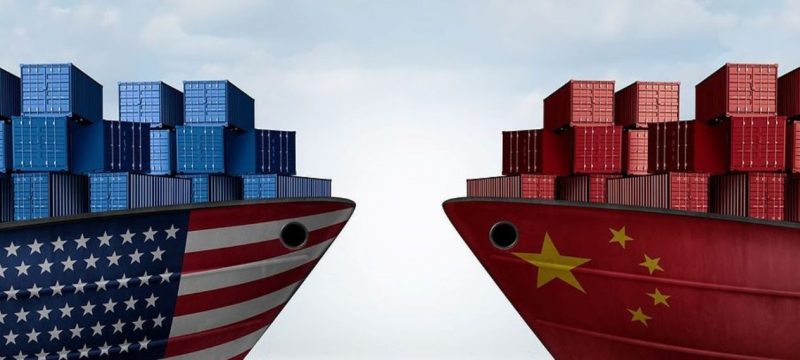Introduction
It isn’t just rare earths anymore. China’s grip on global supply chains extends far beyond one sector, reaching deep into the heart of modern industries — from clean energy to semiconductors and defense systems. As the world’s economies grow more interconnected, Beijing’s dominance over these strategic resources gives it the ability to impose real costs on its trading partners — economically, politically, and technologically.
China’s Command over Rare Earths
China remains the undisputed heavyweight in the rare-earth sector. The country accounts for nearly 70% of global rare-earth mining and up to 90% of the refining capacity, making it the world’s primary source for these critical materials.
What sets China apart is not just production — it’s processing power. Extracting rare earths is one thing; refining them into usable components for electric vehicles, smartphones, and military technologies is far more complex. Beijing’s ability to dominate this value-added stage gives it an unmatched “chokepoint” in the global economy.
In past trade disputes, China has already shown its willingness to restrict exports of rare-earth materials, demonstrating how its dominance can be used as a geopolitical tool.
Beyond Rare Earths: Expanding Strategic Control
While rare earths attract most of the attention, Beijing’s influence stretches across several other essential supply chains — including critical minerals, battery components, solar panels, and microelectronics.
For instance, China’s export curbs on graphite and gallium in early 2025 disrupted the global electric vehicle (EV) and semiconductor industries, forcing manufacturers in Japan, South Korea, and the West to scramble for alternatives. This episode underscored how Beijing’s decisions in one sector can send shockwaves through the global market.
The Global Impact: Economic and Security Risks
This concentration of control presents major vulnerabilities for trading partners. From defense systems to clean-energy technologies, countless industries depend on the very materials China dominates.
Analysts estimate that even a 10% disruption in these supply chains could wipe out tens of billions of dollars in economic output across advanced economies. The problem isn’t just access — it’s dependence. Many countries rely on Chinese refining, component manufacturing, and logistical infrastructure that cannot be easily replaced.
As a result, China’s supply-chain power has become both an economic weapon and a diplomatic shield, shaping how other nations engage with Beijing on issues ranging from trade to territorial disputes.
The Global Response: Diversification and Resilience
Recognizing the threat, countries like the United States, Japan, Australia, and members of the European Union are now racing to build alternate supply chains.
Projects to mine and refine rare earths outside China — such as at Mountain Pass in the U.S. and Lynas in Australia — are underway, though scaling them up will take years. Meanwhile, strategic partnerships and investments in Africa and Latin America aim to reduce China’s monopoly over mineral sourcing.
However, experts warn that diversification is not a quick fix. Mining, refining, and scaling production require huge investment, time, and environmental clearances. Until these alternatives mature, China’s dominance remains largely intact.
Why This Matters
- Economic Leverage: Control over materials essential to advanced manufacturing allows China to influence global pricing and availability.
- Strategic Power: Supply-chain dominance gives Beijing bargaining chips in geopolitical disputes.
- National Security: Dependence on a single source poses risks to defense and technology sectors worldwide.
For trading partners, the message is clear: building economic resilience now is a matter of strategic survival later.
Conclusion
China’s control of global supply chains — from rare earths to advanced technologies — has become a defining feature of modern geopolitics. While nations scramble to diversify, the road to independence is long and costly.
As one analyst put it, “The world built its industries on China’s minerals, and now it must learn how to live without them.” Whether countries succeed in doing so will determine the next chapter of global economic power.
In other news also read about India and China Restore Direct Flights; But Can Their Relationship Truly Take Off Again?









